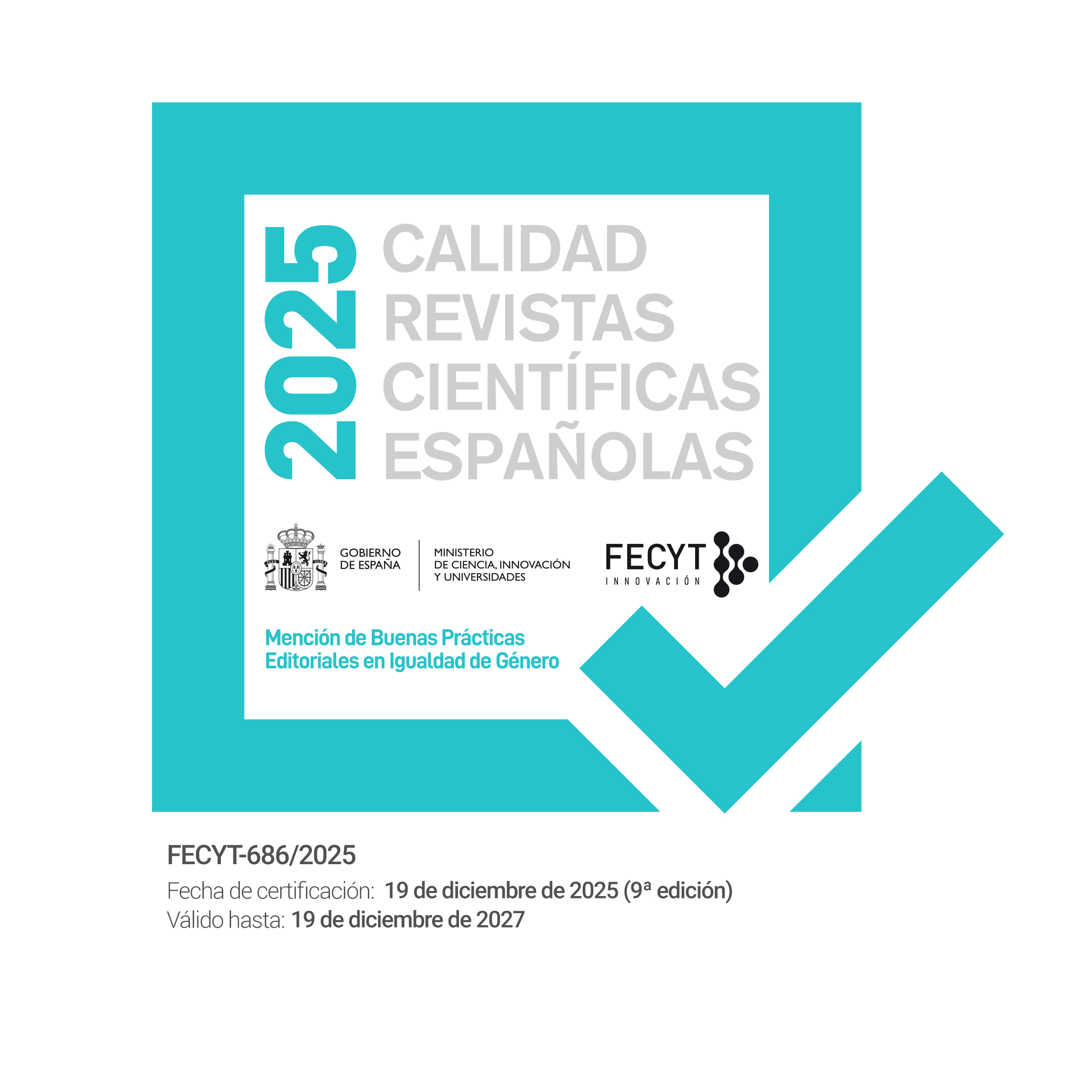Do those who risk, about how much they risk?
DOI:
https://doi.org/10.55414/a3dq6v12Keywords:
probability judgements, calibration, risk, individual differences, gamblingAbstract
In a real-world setting, two groups of subjects showing a different level of risk were compared in several measures of probability judgment accuracy. After answering a 20 true-false items exam, undergraduate students were asked to estimate the subjective probability that each item was true. Subjects were split into two groups of risk. Both achieved the very same grades, but the risky group gave a higher number of answers. The obtained data suggest that risk has an effect on calibration and noisiness of the probability judgments. The more risky subjects were more poorly calibrated, i.e., the subjective probabilities they estimated deviated further from the actual proportion of true items: Therefore, it seems that those who risk more know less about how much they risk. Discussion focuses on implications of these findings for gambling behavior. Calibration and covariance graphs are reported.
Downloads
References
.
Downloads
Published
Issue
Section
License
Copyright (c) 2022 APUNTES DE PSICOLOGÍA

This work is licensed under a Creative Commons Attribution-NonCommercial-NoDerivatives 4.0 International License.



























